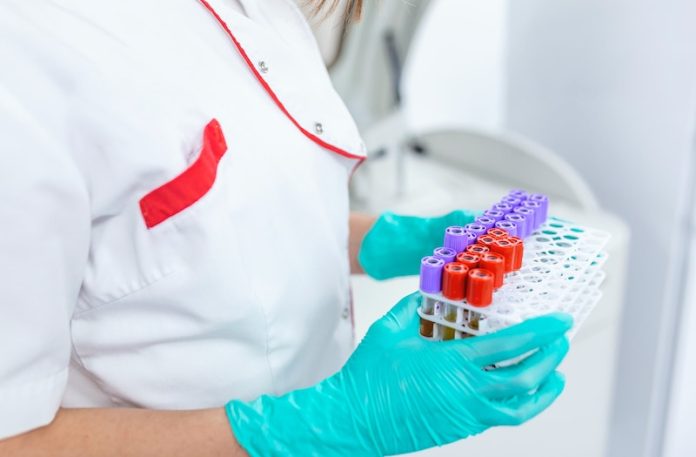
Cholesterol is a type of fat found in your blood. If you have too much, it can stick to the walls of your blood vessels and make them hard and narrow.
This is called atherosclerosis. It can lead to heart attacks and strokes. Scientists have always wondered why and how this happens.
Now, researchers at UT Southwestern Medical Center and Children’s Medical Center Dallas have made a discovery.
The Findings of the Study
The researchers found out how high cholesterol causes blood vessels to become inflamed. This inflammation is the first step towards atherosclerosis.
Philip Shaul, the head of the research team, said that this discovery could help to fight heart diseases better.
Heart diseases are the number one cause of death worldwide. Over 19 million people died from heart attacks, strokes, and other heart diseases in 2020. This data comes from the American Heart Association.
Drugs called statins have been developed to lower cholesterol levels. This has reduced the rates of heart attacks and strokes. But the problem is far from solved. So, the researchers decided to find a new way to fight these diseases.
How the Research was Conducted
The researchers looked at immune cells called macrophages. These cells use a specific enzyme to break down cholesterol and produce a substance called 27HC.
Some studies suggested that 27HC might protect against atherosclerosis by removing cholesterol from blood vessels.
But when the researchers used a technique to stop the production of 27HC in mice, they found surprising results.
Instead of getting worse, the condition of the mice improved. The hard and narrow patches in their blood vessels reduced by 55%.
They also had fewer immune cells interacting with the cells lining their blood vessels. The genes in these lining cells that cause inflammation were also less active.
The researchers then gave extra 27HC to some mice and saw their disease get worse. But when they turned off the receptor for 27HC in the lining cells of the blood vessels, the disease didn’t get worse.
The Implications of the Study
The study showed that 27HC is necessary for atherosclerosis to progress. Stopping the production of 27HC helped to protect against the disease.
If scientists can do the same in humans, they could prevent atherosclerosis and its harmful effects. This could be especially helpful when combined with statins.
Dr. Shaul’s team aims to prevent common diseases like atherosclerosis and Type 2 diabetes by understanding their causes. This discovery is a big step towards that goal.
If you care about inflammation, please read studies that diabetes drug metformin may reverse liver inflammation, and aspirin and other drugs for inflammation could help prevent COVID-19 deaths.
For more information about inflammation, please see recent studies about the cause of severe inflammation in COVID-19, and results showing vitamin D can help reduce inflammation.
The study was published in Nature Communications.
Follow us on Twitter for more articles about this topic.
Copyright © 2023 Knowridge Science Report. All rights reserved.



